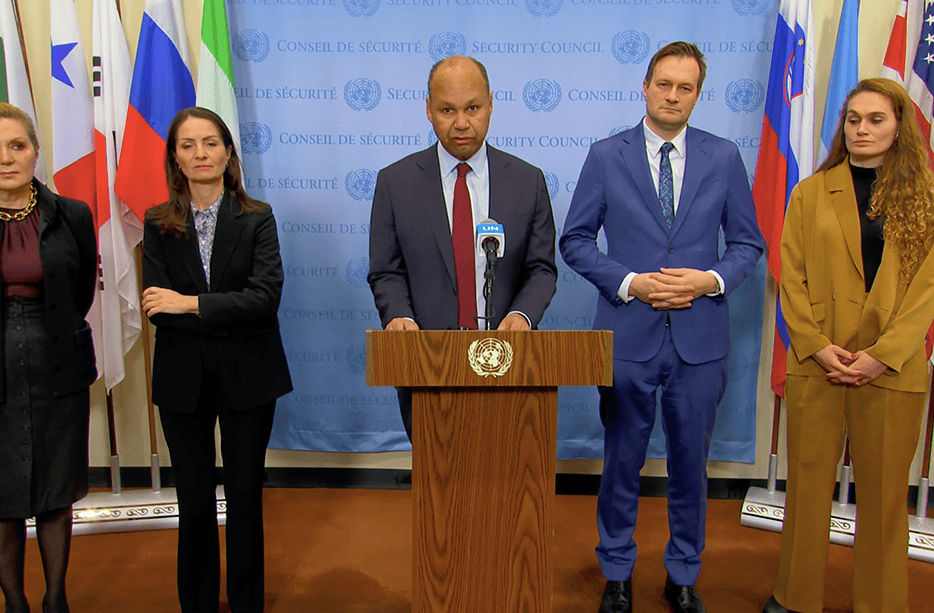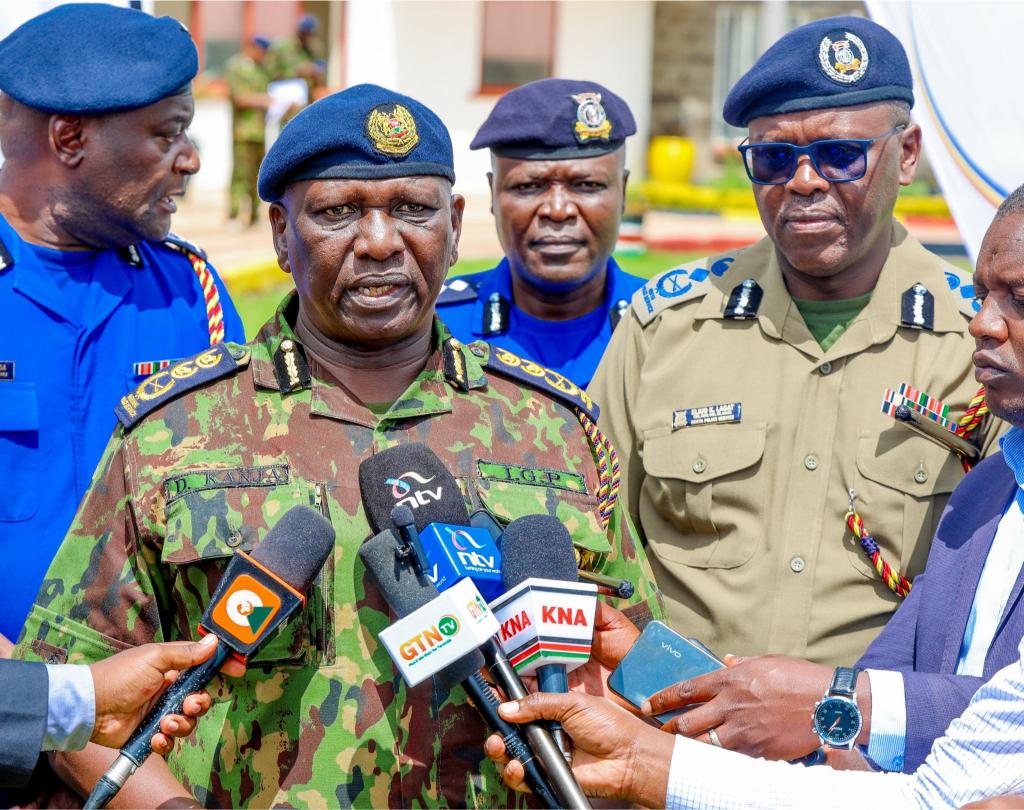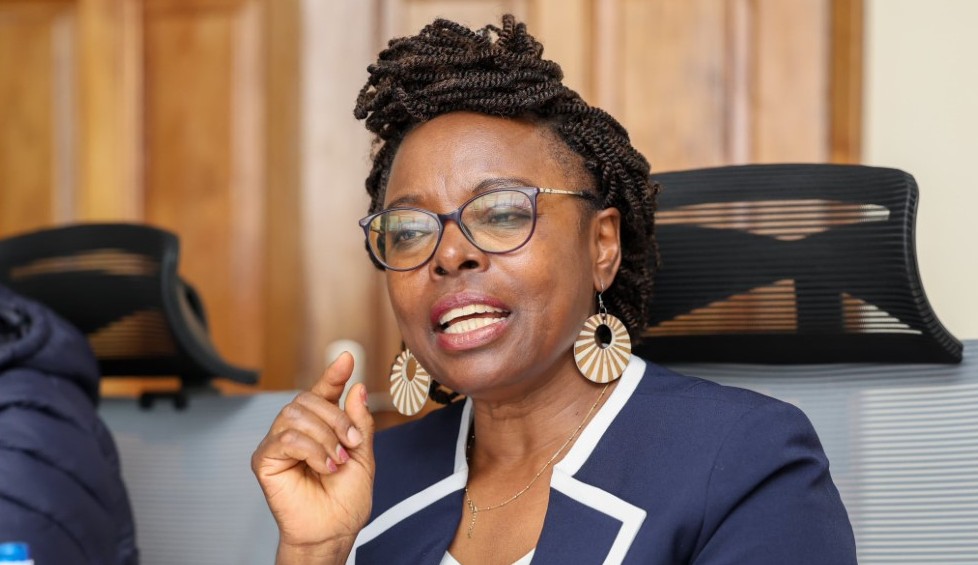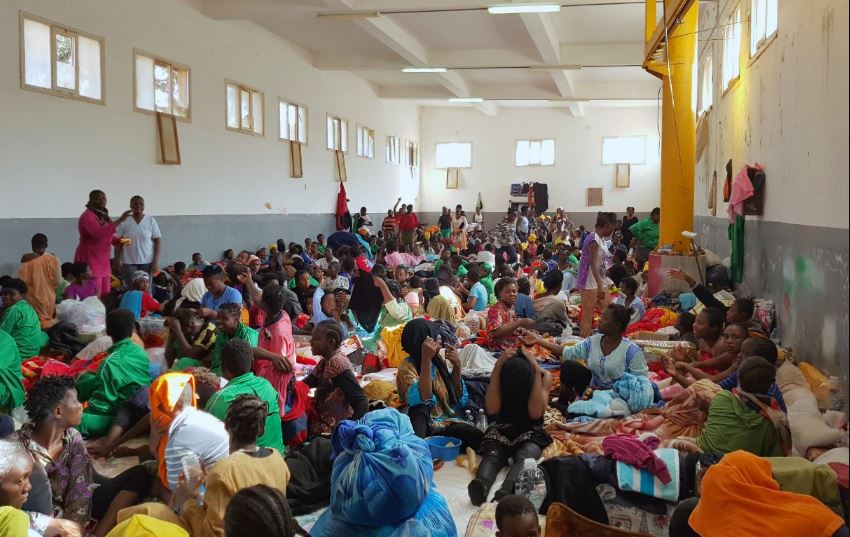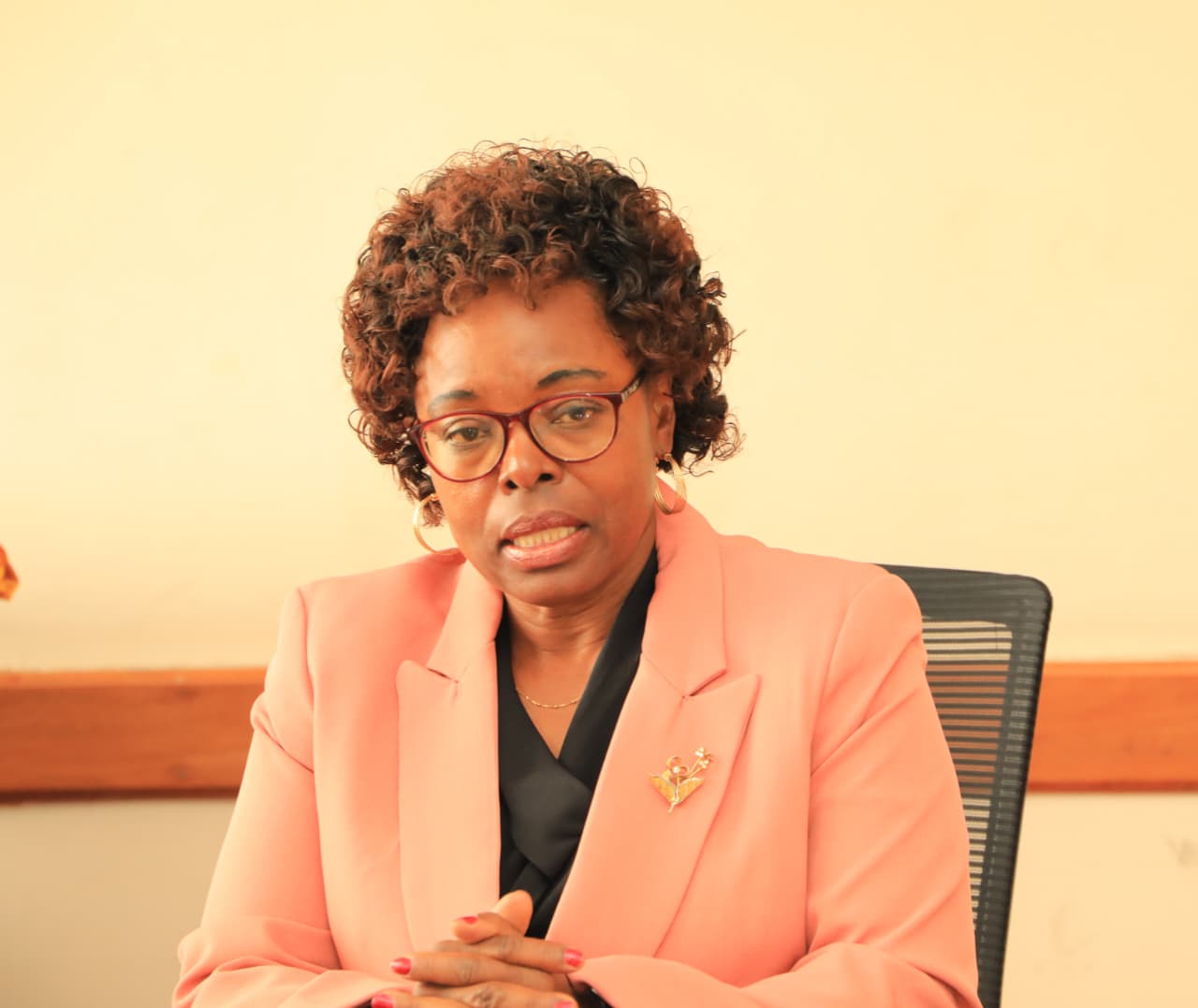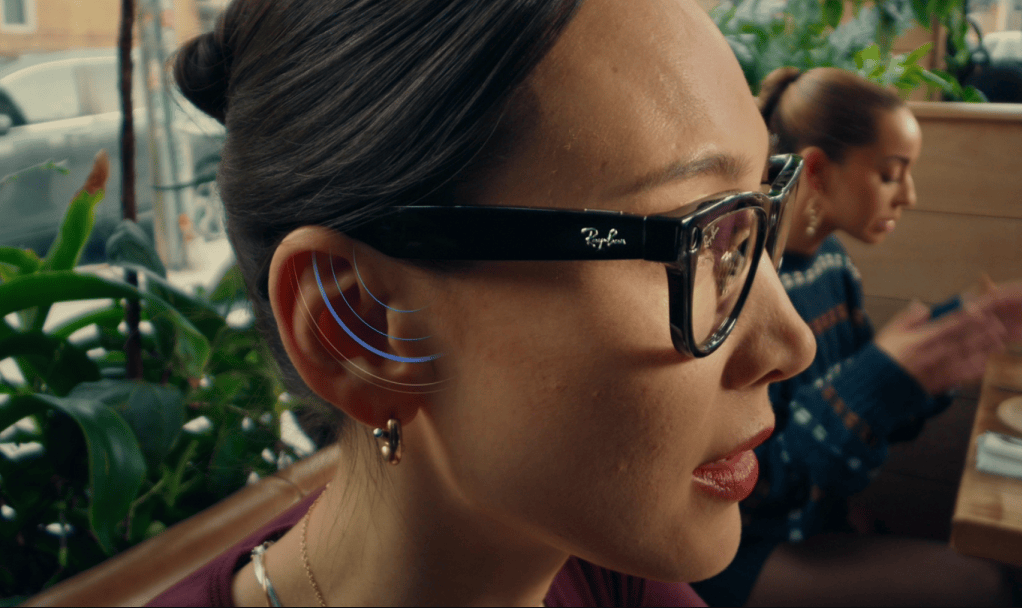World Pediatric Surgery Day: Shining light on surgical safety
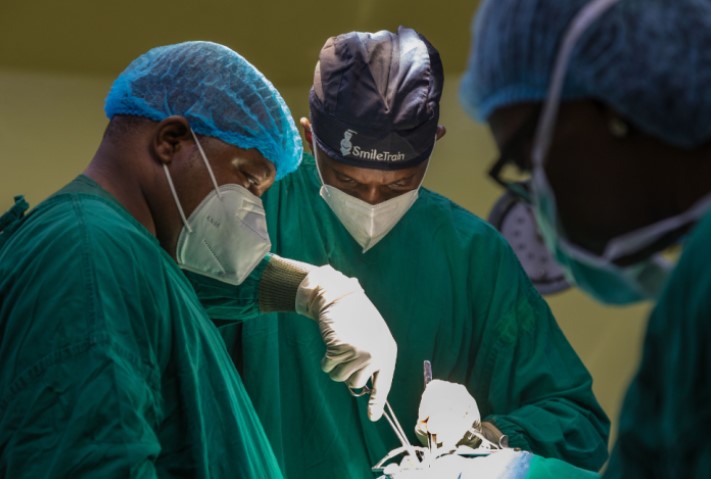
Capnography is an important monitoring equipment that confirms the endotracheal tube placement during surgery.
Surgery can be an incredibly daunting experience for families, often fraught with fears of losing a loved one on the operating table.
While surgeries carry inherent risks, embracing technology can help prevent some of these risks.
More To Read
A research paper published in the Anesthesiology journal sheds light on the increased risk of mortality among children in low and middle-income countries within 24 hours of surgery, primarily due to the absence of comprehensive surgery checklists.
Conducted across 24 Kenyan hospitals, the study monitored the outcomes of pediatric surgery cases over seven days.
Among the 6,005 cases analysed, 46 children succumbed within 24 hours, 62 within 48 hours, and 77 within a week post-surgery.
Notably, most incidents (77 per cent) were reported from secondary hospitals, while only one tertiary hospital, accounting for 10 per cent of the cases, participated in the study.
In numerous low- and middle-income countries, more than half of the population consists of children.
It's projected that approximately 85 per cent of these children will undergo surgery before reaching the age of 15.
Pediatric surgical admissions represent 6 to 12 per cent of all hospitalisations in Sub-Saharan Africa, with the possibility of even higher rates in urban centres or regions affected by conflict.
Despite the high demand for surgeries many anesthesiologists, are working without access to adequate technology like the Capnograph.
Capnography refers to the use of a capnograph to measure the levels of exhaled carbon dioxide, or CO2, in the bloodstream.
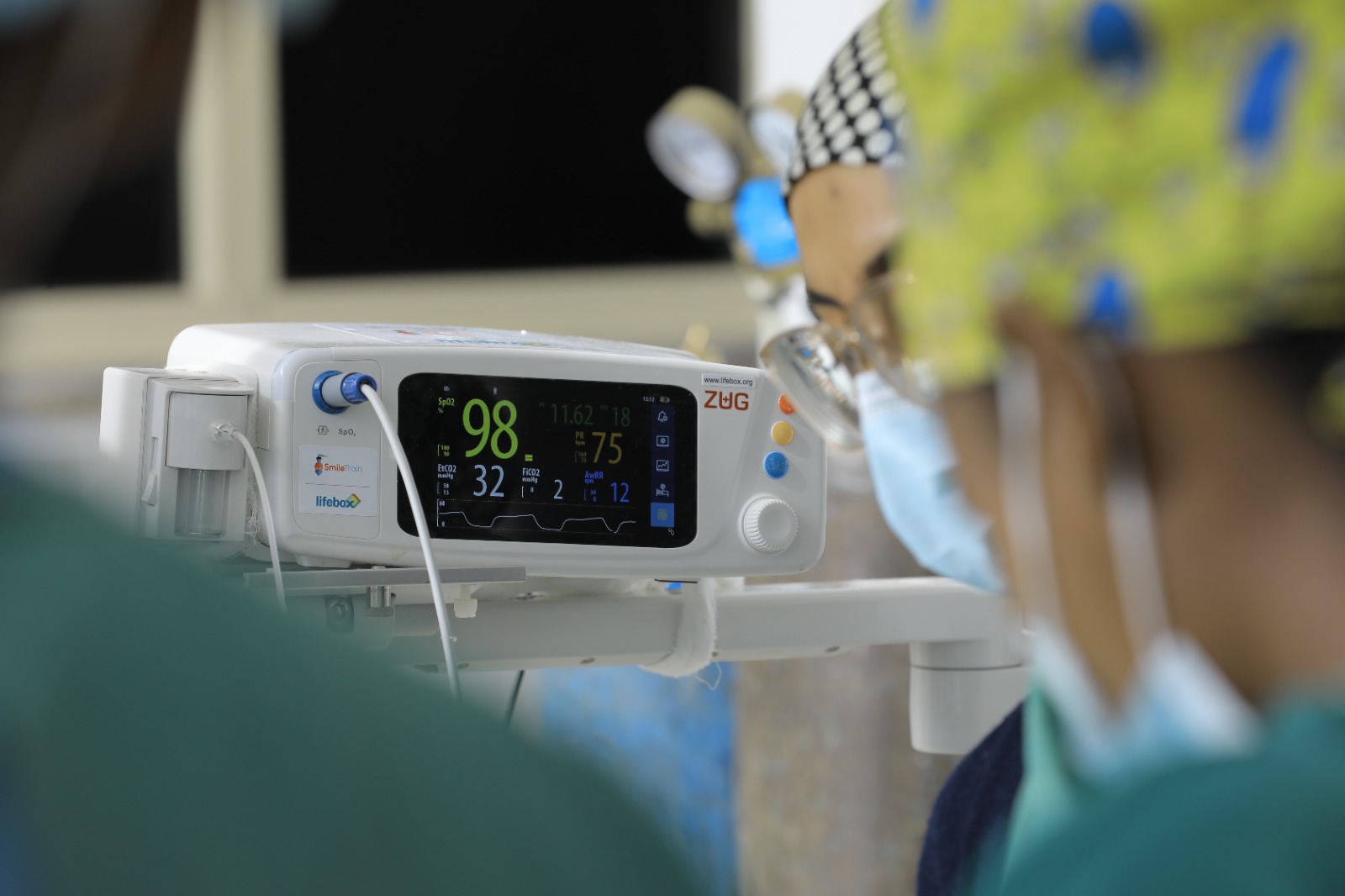 Capnography is an important monitoring equipment that confirms the endotracheal tube placement during surgery. (Photo: Smile Train)
Capnography is an important monitoring equipment that confirms the endotracheal tube placement during surgery. (Photo: Smile Train)
Kyoto Declaration on Pediatric Surgery
As the world celebrates Pediatric Surgery Day on, April 7, we reflect on the landmark Kyoto Declaration on Pediatric Surgery.
The Kyoto Declaration on Pediatric Surgery, established on April 7, 2001, marked a significant milestone in the field of pediatric surgery.
This declaration was crafted to advance the development and education of surgeons specialising in pediatric care worldwide. It laid the groundwork for the mission of the World Federation of Associations of Pediatric Surgeons (WOFAPS), emphasising a collective commitment to improving surgical outcomes for children across the globe.
The declaration underscored the importance of prioritising pediatric surgical care and advocating for the needs of young patients on a global scale.
Emily Manjeru, Public Relations and Communications Manager at Smile Train, an international children’s charity that supports 100 per cent-free cleft repair surgery and comprehensive cleft care for children globally, shares a heartfelt insight into the significance of capnography in anaesthesia, likening it to a guiding light for anaesthetists.
"For us, the capnograph is like a beacon in the dark. Many times, anaesthesia providers find themselves navigating without it, and it's like flying blind," she says.
She emphasises the importance of equipping anaesthesia teams with capnography for safer procedures.
"It's not just a piece of equipment; it's peace of mind. Imagine not being able to track vital oxygen levels during surgery—it's a terrifying thought," Manjeru shares, her concern evident.
In collaboration with Lifebox, Smile Train is on a mission to provide Capnographs to their partner hospitals. "In too many low-income countries, anaesthetists are left in the dark. They may proceed with the best intentions, but without proper monitoring, mistakes can happen," Manjeru reflects, her voice tinged with determination to make a difference.
Manjeru highlights the profound impact a capnograph brings to anaesthetists, offering reassurance amidst the uncertainties of surgery. "With a capnograph, anaesthetists can breathe a little easier, knowing they have the tools to monitor patients closely and ensure their safety.
Dr. Elizabeth Igaga, Director of Programs Safety at Smile Train shares their commitment to ensuring safe and quality surgery.
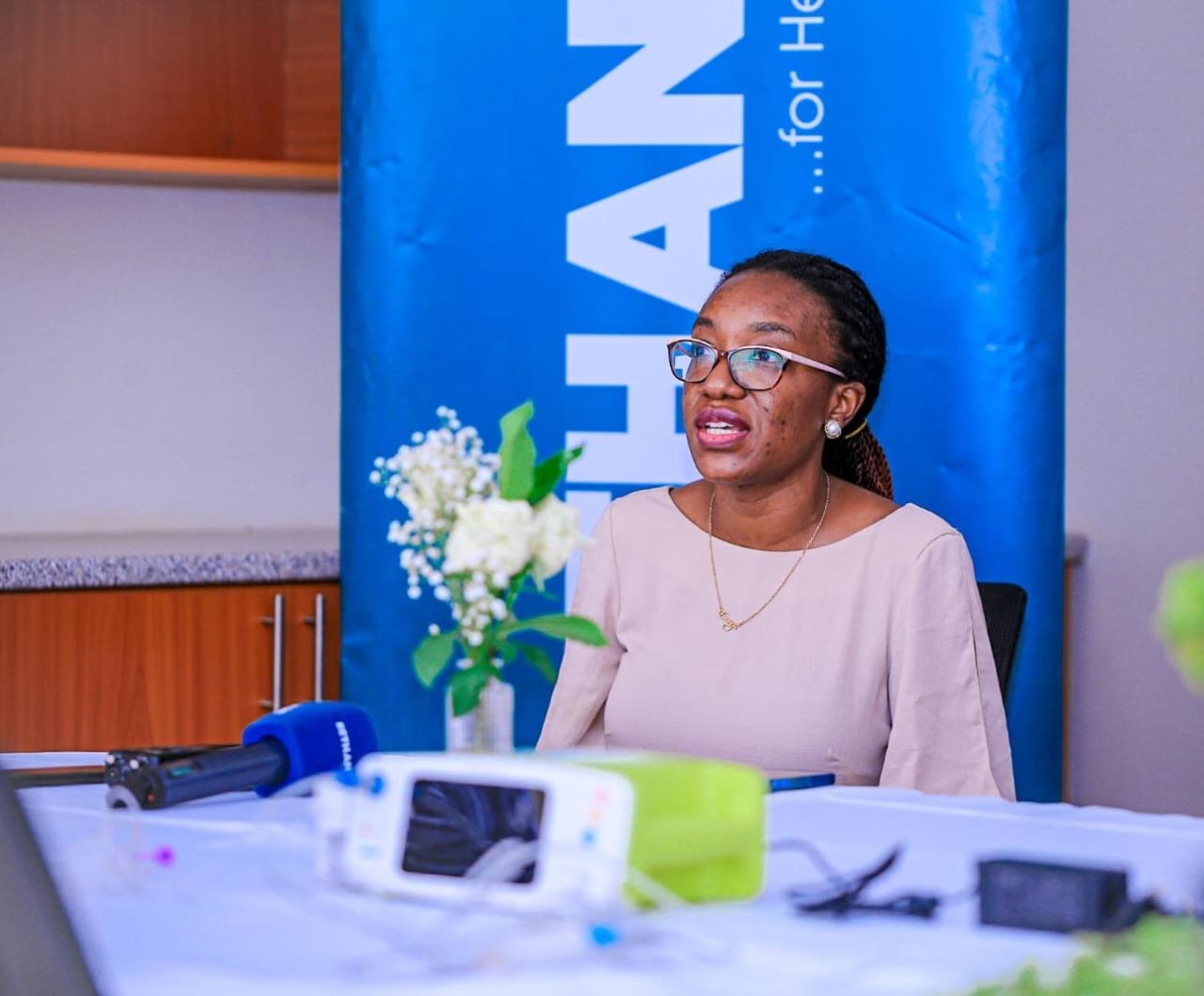 Dr. Elizabeth Igaga, Director of Programs Safety at Smile Train. (Photo: Smile Train)
Dr. Elizabeth Igaga, Director of Programs Safety at Smile Train. (Photo: Smile Train)
"At Smile Train, we are committed to ensuring safer surgeries for children across the globe," Dr. Igaga says.
"That's why we will be distributing capnography in over 70 countries, including Kenya. Our goal is to equip all operating rooms in our partner network with capnography, our priority countries for this initiative include Kenya, Uganda, Nigeria, Congo, Ethiopia, Bangladesh, and Pakistan."
Dr Igaga points out the challenges highlighted by the 2015 Lancet Commission for Global Surgery.
"Over 5 billion people worldwide lack access to surgery and anaesthesia care," she explains.
Surgical safety
"One of the key challenges identified is the lack of essential equipment for safe surgery. Capnography is crucial in monitoring patients during surgery, yet many facilities in low-income areas lack Capnographs."
"Capnography is an important monitoring equipment that confirms the endotracheal tube placement during surgery," emphasises Dr Igaga.
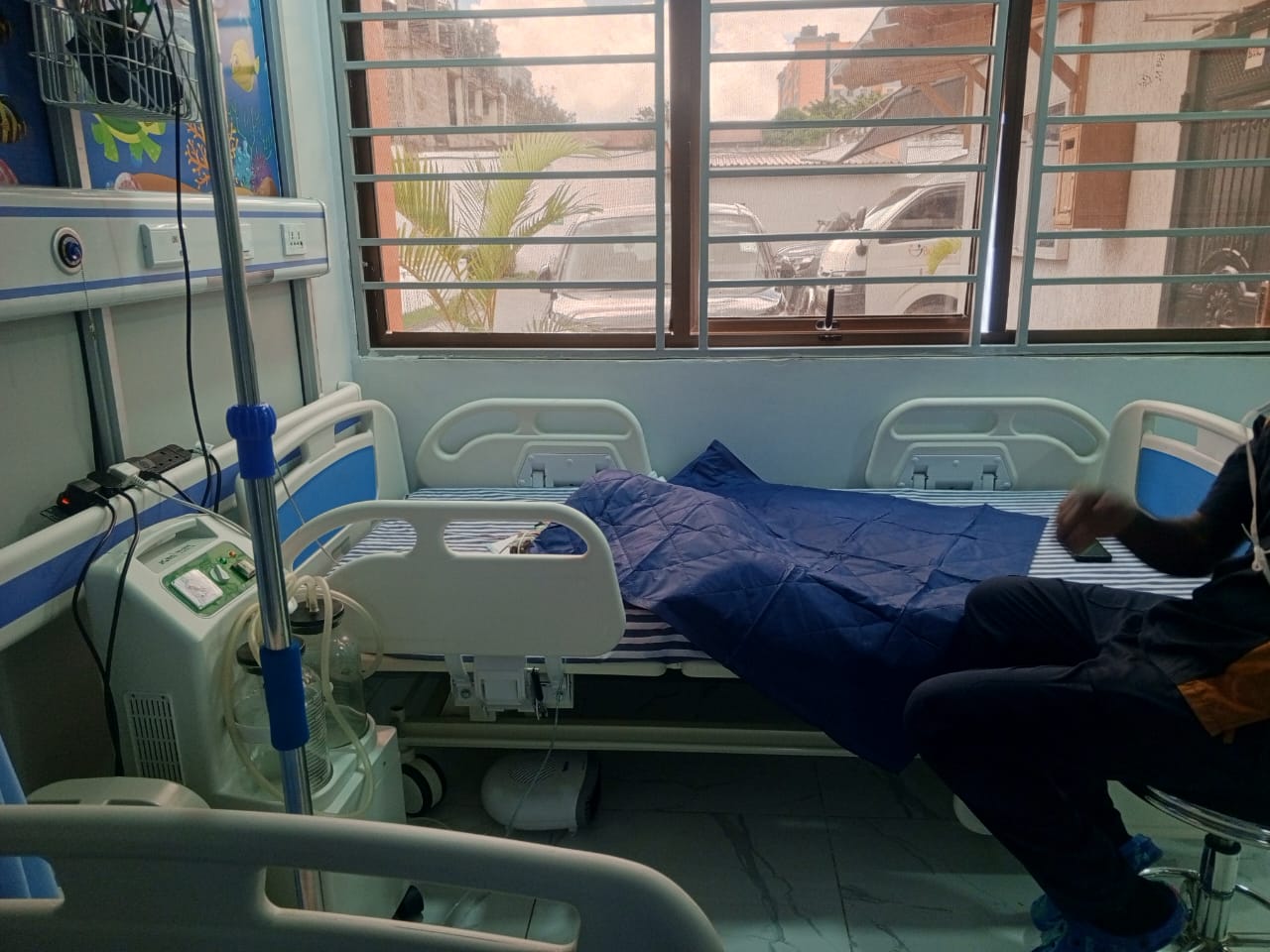 Baby being monitored on oxygen after a procedure at Bela Risu Medical Centre, Nairobi. (Photo: Charity Kilei/EV)
Baby being monitored on oxygen after a procedure at Bela Risu Medical Centre, Nairobi. (Photo: Charity Kilei/EV)
"This is particularly crucial in children, as even slight movements can displace the tube. We are prioritising capnography because we want to improve safety for patients."
While capnography has been mandatory in higher-income areas for decades, Dr. Igaga acknowledges the disparities in access.
"In lower-resourced countries, capnography faces different challenges, and among these hindrances is cost," she notes. "Competing priorities for planners further exacerbate the situation."
To address these challenges, Smile Train is optimistic about innovative solutions such as the capnograph.
"We feel this device will bridge the gap and improve surgical safety," says Dr. Igaga.
"By prioritising capnography and embracing innovative solutions, we are taking significant steps toward ensuring safer surgeries for all patients, regardless of their socioeconomic state
The World Health Organisation (WHO) has initiated various global and regional efforts aimed at tackling surgical safety. A significant portion of these endeavours has originated from the WHO Second Global Patient Safety Challenge known as "Safe Surgery Saves Lives".
This initiative aimed to enhance the safety of surgical procedures worldwide by establishing fundamental safety guidelines applicable to all WHO Member States.
Some of the declaration's achievements include raising global awareness about the unique challenges and needs of pediatric surgery, which prompted collaborative efforts among healthcare professionals worldwide.
It facilitated the creation of the World Federation of Associations of Pediatric Surgeons (WOFAPS), serving as a platform for knowledge exchange, training, and advocacy.
This collaboration has led to enhanced training programmes, expanded educational opportunities, and improved access to pediatric surgical services, ultimately contributing to better outcomes for children.
The Bela Risu Medical Centre is situated on Park Road, Ngara East, Nairobi. For inquiries, appointments, or any medical assistance, you can easily reach out to them by dialling 0722878722.
Top Stories Today
